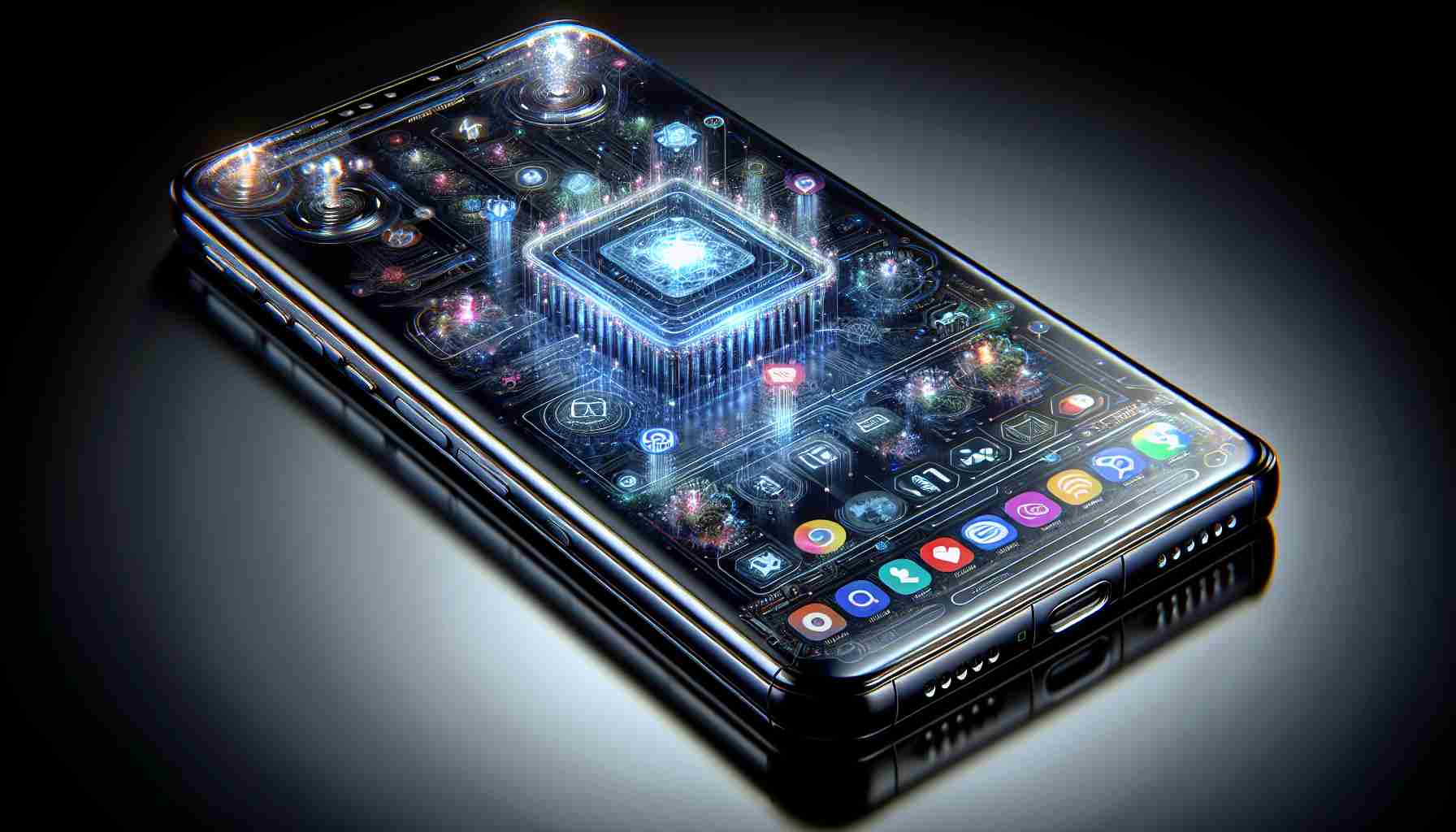When Apple introduced the iPhone to the world in 2007, it revolutionized the concept of a smartphone and set in motion a chain of events that would shape the future of technology. The iPhone was not just a gadget; it was a game-changer that altered the way we communicate, work, and play. Today, with an impressive 42 models released, the iPhone remains one of the best-selling products in history, a testament to its enduring appeal and groundbreaking features.
Initially, the iPhone faced skepticism from investors and the tech community. However, the introduction of the App Store in 2008 transformed its trajectory. The App Store gave birth to a plethora of applications, expanding the iPhone’s capabilities beyond communication. This opened up new possibilities and sparked a surge in iPhone sales. What was once a phone became a tool for productivity, entertainment, and personalization.
The introduction of the App Store not only set the iPhone apart from its competitors but also redefined the standard for smartphone functionality. Users could now personalize their experience with a vast array of apps. This innovation empowered consumers and created a vibrant ecosystem for developers. With the App Store as a crucial pillar of its success, Apple was selling over 200 million iPhone units annually by 2015.
But Apple’s vision for the iPhone extended beyond the device itself. The company strategically built an integrated ecosystem that includes services like iCloud, Apple Music, and the Apple Watch. iCloud provides users with seamless storage and synchronization across multiple devices, while Apple Music offers a vast library of songs and personalized playlists. The Apple Watch, a smartwatch with various features, goes beyond traditional timekeeping. This integrated ecosystem fosters user loyalty and makes it challenging for competitors to disrupt Apple’s market position.
Looking towards the future, Apple is exploring new frontiers in technology, with a particular focus on machine learning and artificial intelligence. By seamlessly integrating these advancements into its ecosystem, Apple aims to maintain its competitive edge. As the iPhone continues to evolve, it will undoubtedly shape the way we interact with technology and each other, revolutionizing the future of communication and computing.
FAQ:
1. What was the impact of the iPhone on the tech industry?
The iPhone was a catalyst for change, altering the way we communicate, work, and play. It introduced innovation and groundbreaking features, and became one of the best-selling products in history.
2. How did the introduction of the App Store shape the iPhone’s trajectory?
The App Store, launched in 2008, expanded the iPhone’s capabilities beyond mere communication. It gave birth to a myriad of applications, personalizing the user experience and sparking a surge in iPhone sales.
3. What services are included in Apple’s integrated ecosystem for the iPhone?
Apple strategically built an integrated ecosystem that includes services like iCloud, Apple Music, and the Apple Watch. These services contribute to user loyalty and make it difficult for competitors to disrupt Apple’s market position.
4. What new frontiers is Apple exploring for the iPhone’s future?
Apple is exploring new frontiers in technology, particularly in machine learning and artificial intelligence. The goal is to seamlessly integrate these advancements into the iPhone’s ecosystem and maintain a competitive edge.
Key Terms/Jargon:
– App Store: 애플이 2008년에 소개한 온라인 플랫폼으로, iPhone 사용자들이 애플리케이션을 다운로드하고 설치할 수 있게 해줍니다.
– Ecosystem: 서로 연결된 요소들의 시스템을 가리키는 용어로, 여기서는 애플이 iPhone을 위해 제공하는 통합 서비스와 제품을 의미합니다.
– iCloud: 애플이 제공하는 클라우드 저장 및 동기화 서비스로, 사용자들은 여러 기기에서 데이터를 저장하고 접근할 수 있습니다.
– Apple Music: 애플이 제공하는 음악 스트리밍 서비스로, 다양한 곡들과 개인에 맞는 플레이리스트를 제공합니다.
– Apple Watch: 애플이 개발한 스마트워치로, 기존의 시간 표시 기능을 넘어 다양한 기능과 기능을 제공합니다.
Related Links:
– 애플 공식 웹사이트
– 애플의 iPhone 소개 페이지
– 애플의 App Store 페이지
The source of the article is from the blog portaldoriograndense.com
